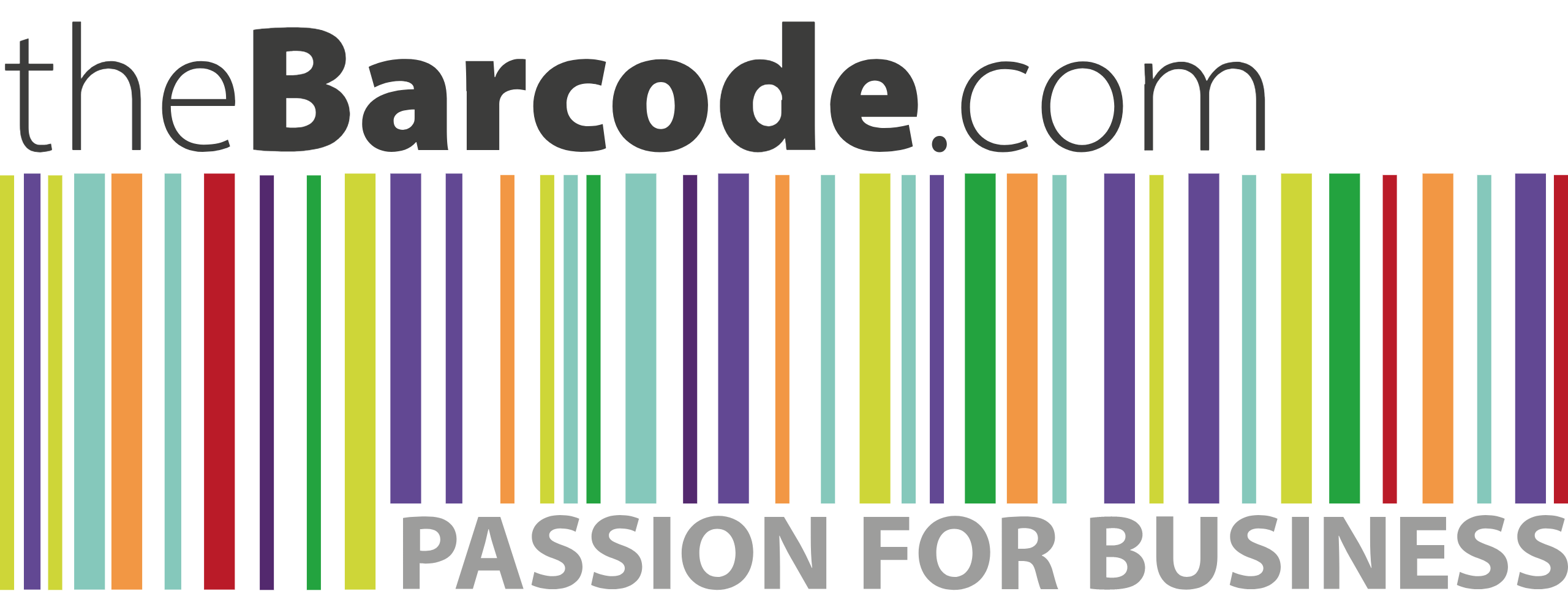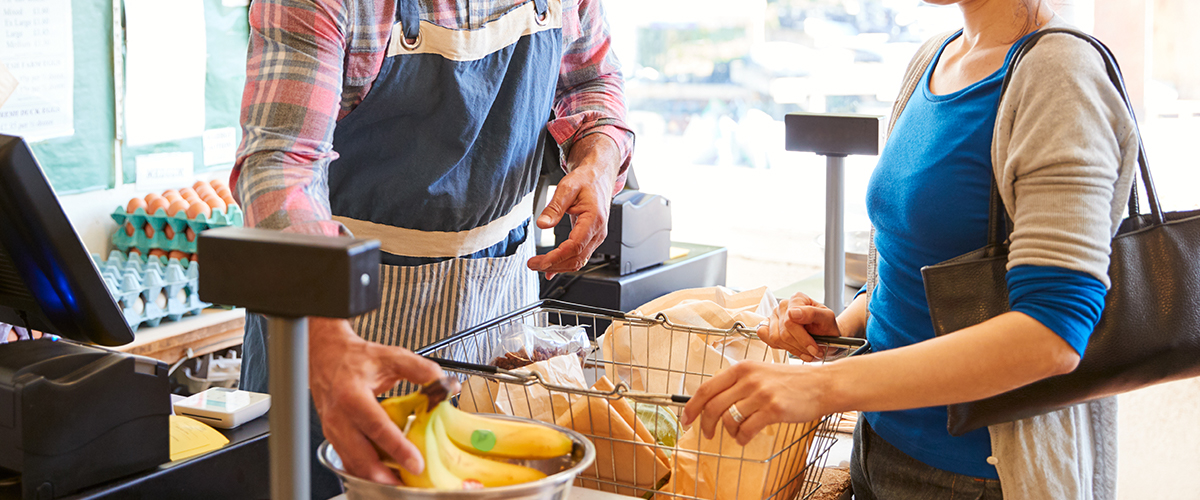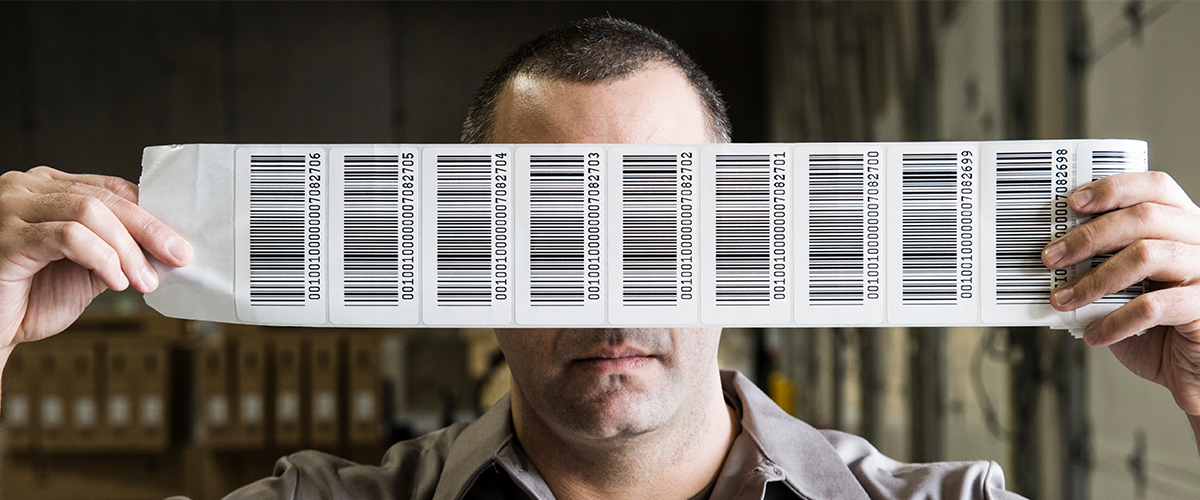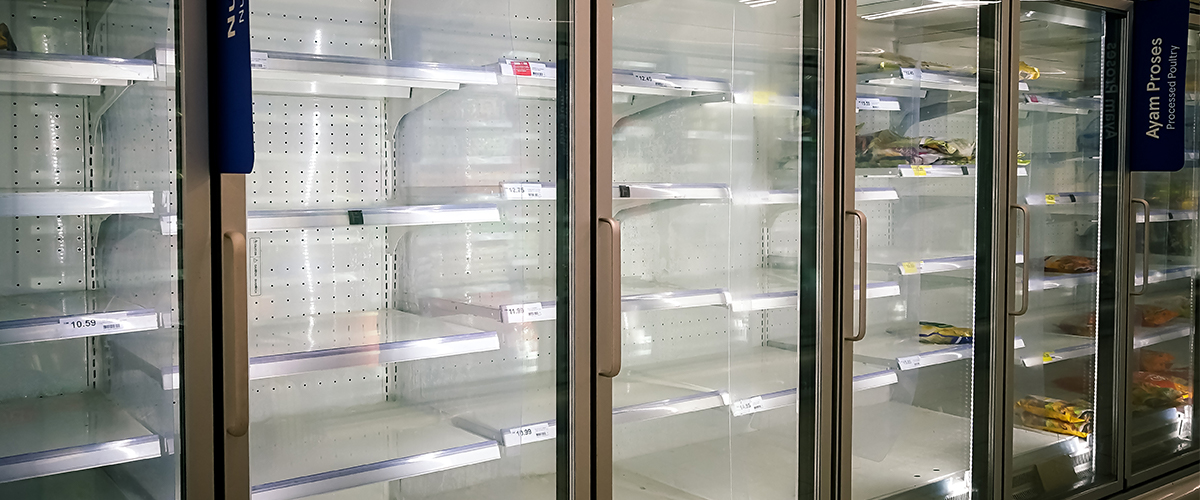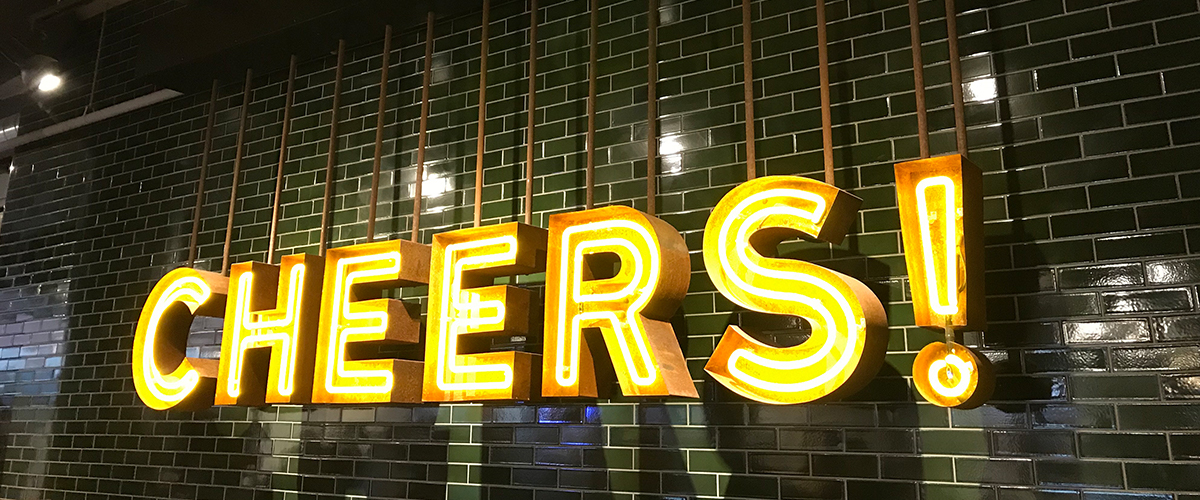Business Never Sleeps
Convenience stores, also known as 24-hour convenience stores, corner stores, or the local mom-and-pop store or bodegas, have been around for many decades. These corner stores offer convenience, shorter lines, and a wide range of goods, including tobacco, toiletries, food, beverages, and lottery tickets. They serve a constant demand in the local community for daily supplies; they are always open for extended hours every weekend and holiday.

24 Hour Convenience Store Market
Studying industry growth in your local area provides a first look at how healthy your business could be and your chances of success. Some areas are booming; others are in free fall. Some are under development, while others are becoming gentrified.

Ask yourself these few questions:
- What is the turnover of similar businesses in recent years?
- What is the percentage of unemployed in your area?
- Who are your future competitors, the locations of their operations, and their market share?
- Is the market dominated by independents or franchisees?
- What substitute products can erode your market share?
Also, considering the competition in your geographic area of operation will gauge your ability to succeed and attract customers. Your study should enable you to establish positioning in your area and target a specific clientele.
Convenience Store Business Operations
There is no question that some convenience stores thrive, and their owners make a decent living. However, it is crucial for those considering a convenience store business to consider the ongoing covid pandemic, which has changed how people shop. With social distancing and wearing masks now a part of our regular lives, you should consider creating a safe environment for customers who want to visit your store.
Opening a convenience store is not for everyone; it is not glamorous or exciting; every day is the same; you start at 6 am and remain open until 11 pm. The long hours can be difficult; sometimes, city ordinances will not even allow you to close on holidays without a valid reason.

Who Are My Customers?
Surveys indicate that most customers who shop at convenience stores are millennials, young professionals, and busy families who prefer packaged meals and everyday household items; they prefer fast service and hate standing in long lines. So, you’ll need to understand the area’s demographics before setting up a convenience store. For example, opening a convenience store near a retirement facility or nursing home is unlikely to see much traffic because this demographic doesn’t shop at convenience stores all that much. And if you want to meet the demands of the younger population, the convenience store should stock local food favorites, consistent food staples, and unique offerings (tobacco and lottery tickets).
Owning A Convenience Store
Potential convenience store owners need to understand that the public has little loyalty to these types of stores; they primarily visit convenience stores because of the convenience. Also, the average customer is fully aware that most items in a convenience store are a little more expensive than in a large retail store. The corner store operator must offer much more than convenience; it must provide services and products beyond customers’ expectations. Other essential features are the speed of service and the range of products available.
Corner Store Business Plan
Even though many convenience stores are successful, their failure rate is often not reported. An astonishing 20-30% of stores fail within the first year. And the key reason is the lack of a business plan. There are retail stores on every street in America, so opening a convenience store without a plan is a recipe for disaster. While one does not need a degree to open a convenience store, it is vital to have the plan to understand the business. The business plan should contain the following?
- What is the location of my store?
- What are the startup costs for a convenience store?
- Should I buy a franchise convenience store?
- What type of license and permits do I require to operate a convenience store?
- Who are my customers?
- How will I market my store?
There are some handy services available online
Some business plan templates that you should consider include:
Corner Store Business Licenses And Permits
- Register the business with the state
- Obtain an EIN
- Register for state and federal taxes
Licenses are required if the convenience store sells:
- Tobacco
- Alcohol
- Lottery tickets
- Music
- Any fuel
- Fresh food
One should visit their local Chamber of Commerce and the State Food and Health department to determine what other licenses are required. Before your store can open, the local health department will need to inspect it for fire and safety.

Create A Legal Entity
If you want to safeguard your assets, forming a legal entity such as a Limited Liability Corporation or a Corporation is essential. The cost of creating a standard entry varies from $200 to $800 and has to be renewed annually.

Convenience Store Business Incorporation
Check out these few companies that can assist you in getting your LLC started.
Here are a few government links you might want to visit
IRS Website
This site by the IRS is a must-see when beginning your LLC
Regulations And Legal Obligations For My Store
The standard expectations customers will have of your convenience store are set in stone: displaying prices, markdowns, sales, and hours of operation. Some traders will also have to hold a license, an approval, or a specific authorization. Such is the case when you plan to sell drinks, alcohol, food, tobacco, etc. The rules are many and difficult to enumerate. It will be essential to find out about the specific regulations specific to your area before starting.
How To Grow Convenience Store Business
There are several types of convenience stores, they include the following.
- Franchise convenience stores are readily available. However, these stores are not always successful depending on the type, and the location may not be to your liking. Also, there are royalty and franchise fees that come with the package. A franchise convenience store costs vary from $40K -to $200K. There is almost always a franchise fee initially paid from $20K-40K. The advantage of a franchise fee is that the company pays for all the marketing and maintains the supply chain. A franchise convenience store like 7/11 is a lucrative business in a good location.
- The other option is to build a convenience store from scratch. The amount of money required can be significant, and it can take many years to recover the investment. If another retail store opens up nearby, then you may have dim prospects for a bright future.
- The third and best option is to buy an existing convenience store that is not part of a franchise. There are many existing stores for sale. The key is to find one that suits your needs; it should be profitable and in a great location. Depending on the store’s location and size, you can buy existing convenience stores for $70K to $1 million. However, it would help if an accountant reviewed the finances and tax returns to ensure it is profitable. You also must ensure that the store has no liens or legal issues.
Here is a list of services advertising businesses for sale
How Much Does A Convenience Store Make?
The yearly earnings depend on many factors, but the small corner stores generally can net anywhere from $95K-$170K a year.
Convenience Store Potential
According to the National Association of Convenience Stores, nearly 170,000 convenience stores in the US bring in almost 11% of the total food and retail service revenue. And this industry is projected to grow over the next decade. The convenience store offers a decent living for those willing to work hard. While it certainly will not make you fabulously wealthy, you will have the gratification of running your own business.

Convenience Store Marketing Strategy
- Create a website
- Distribute flyers in the community
- Place an ad in the local newspaper
- Ask friends and family to spread the word
Build Your Own Shop Website
Your restaurant domain name protects your website address on the internet. You can register a domain name with any hosting company you choose.
Some of the common domain registrars include:
Here is a list of some options for building a regular website.
Here is a list of drag-and-drop page builders for WordPress.
- Beaver Builder
- Elementor
- Divi
- Hubspot
- Themify Builder
- Visual Composer
- Seedprod
- Thrive Architect
- Site Origin
Market Analysis
Some free tools that you can use for FREE market analysis include
The SBA has an interesting article on marketing your new business here
What Are The Startup Costs For A Convenience Store?
Startup costs for a convenience store depend on the location, size, and types of products sold. The initial investment can range from $25K to $1 million. However, the general corner convenience store will usually cost between 70K-$150K.
Convenience Store Startup Costs
- Business Software
- Equipment and supplies
- Franchise fees, if applicable
- Inventory
- Licenses and permits
- Rent
- Utilities
- Working capital
- Lawyer fees
- Appliances
- Security system
- Marketing
- Signage
- Remodeling
- Fixtures

Gas Station Convenience Store Location
A principal reason a convenience store may fail is if the owner neglects to evaluate the location. The site should be separate from other retail stores yet centrally located. Opening a convenience store near many other retail stores will almost certainly lead to the business’s collapse.
The best site for your Convenience store is in residential neighborhood corners where significant retailers are usually absent. The area should have heavy foot traffic, be easy to access by car or foot, and have ample parking. Other locations favorable to convenience stores include bars, nightclubs, and gas stations.

Commercial Lease For My Corner Store
Selecting your store’s location is essential: city center, commercial area, and tourist areas in small or large cities. Depending on your core activity, your business’s location will influence your clientele and your business turnover. It is also essential to keep in mind that your store must be accessible to the public:
- Parking
- Public transport (metro exit, bus stop)
- Access for people with disabilities
Leasing commercial space is, unfortunately, not free. You must pay the monthly rent and associated utility charges when opening a store. The owner of the property will have you sign a commercial lease.
Here is a list of some popular commercial real estate companies:
- Crowd Street
- LoopNet
- Crexi
- Commercial Brokers Association
- Commercial Cafe
- Catylist
- Brevitas
- Office Space
- Quantum Listing
- Rofo
- SquareFoot
Seven Eleven Franchise
Whether you want to embark on this adventure alone or with an established organization will eventually come up. Creating your brand or opening under a franchise banner has its unique problems.
As an independent, you rely on yourself or your associates to gain all the skills you’ll need to keep your store alive: buying from suppliers, selling, stock management, choosing employees, marketing your brand. It will allow for autonomy and freedom, but you will need to acquire your management skills along the way.
Opt for a franchise if you want to start quickly with a concept or business strategy that’s already defined. You will benefit from acquired “branding,” pre-established commercial marketing, already-established distribution channels, training, etc.
What are some of the disadvantages? Entry fees and royalties, etc. Study the franchise agreement carefully before signing it. You will be responsible for specific fees to benefit from your franchiser’s concept and brand.
Finding The Right Employees
Because working in a convenience store requires long hours and is not the most glamorous of jobs, finding the right employees can be challenging. Plus, even regular employees tend to call in sick, so you must be available if they do not show up.
Theft among employees can be a concern. One should try and hire honest and reliable employees as much as possible. But before hiring, you should perform a background check. Before employment, you should inform the employee that you conduct random drug tests.
Staffing agencies that you may want to use:
Wholesale Convenience Store Suppliers
A key element in opening a convenience store is establishing good business relationships with your vendors. It would help a lot if you had wholesalers deliver items to your store on time. You may need to work with several vendors because of various demands for goods. Each vendor will perform a credit check on you before offering wholesale credit. Some may even require first-time payment upfront. All vendors do charge for deliveries. Another option is buying your goods from Price Club, Costo, or Sam’s club. You will have to pick up the goods, but you will save on delivery fees.
Here is a list of wholesale convenience store suppliers
- Uline
- C Store 1
- Mable
- Allen Brothers
- VK Wholesale
- C Store Wholesale
- General Mills
- CB Distributors
- Convenience Vallet
- Standard Distributing CO
Corner Store Theft
It would be best to undertake every precaution to safeguard your employee’s welfare. One major downside of the convenience store business is that they suffer from large amounts of theft and robbery. Hence, one should install the latest security devices and train employees to deal with these situations.
Retail Tracking System
Convenience stores are a magnet for theft both inside and outside the store. Thus, you need to have a reliable security system in place. You should invest in software programs that help keep track of your supplies, income, and purchases.
What Equipment Is Needed To Operate A Convenience Store?
- Security camera
- Alarm system
- Appliances like fridges, microwaves, ice dispensers, coffee-making machines, Drink dispensers, ice dispensers
- Ice cream freezer
- Hot food display glass cabinet
- Countertop food warmer
- Trash collector
- Condiment dispenser
- Sink
- Disposables like cups, plates, spoons, knives, forks, napkins
- Sandwich prép tables
- Display cabinets
- Toaster
- Hot dog machine
- Merchandise shelves
- Floor mats
- Signs to indicate wet floor, spilled liquid, etc.
- Mop, sweep, bucket
- Cooler for soft beverages
- Furniture- cabinets, shelves,
- POS
- Cash register
- Pricing gun
- Tagging gun
- Labeler
- Signage supplies
- Box cutters
- Tape gun
- Cleaning supplies and disinfectant.
- Credit card processing machine
Conclusion
A convenience store is not a bad investment, provided it is in a good location. There will always be a need for convenience stores in residential neighborhoods because a segment of the population prefers to shop without the hassles of a large retail store. The earnings from a convenience store are reasonable, and it sure beats a 9-5 office job.
